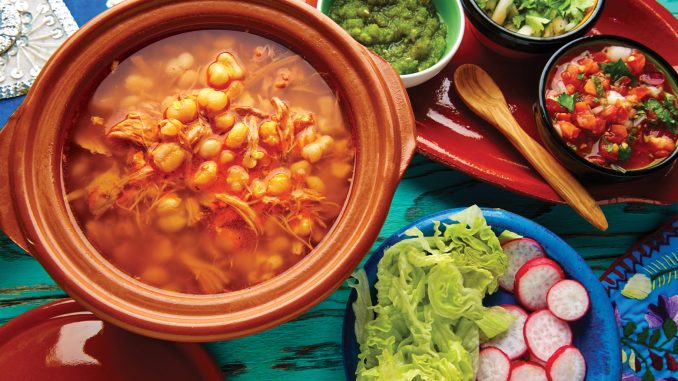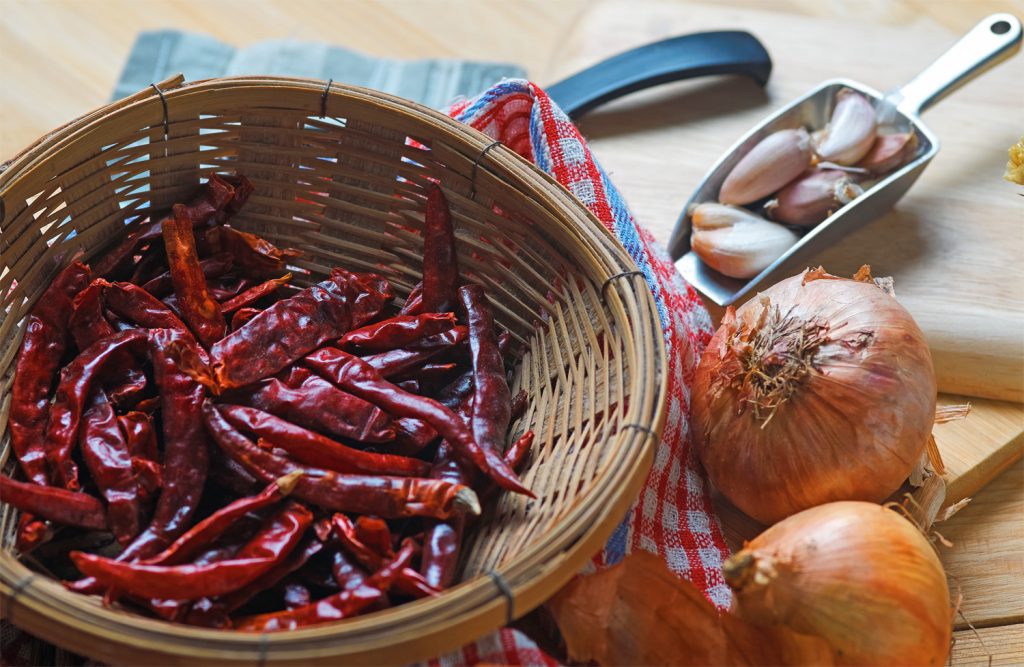
By Henri Bourride
The holidays have always been bitterdouce for Henri, though I suppose that’s not unusual, given the complicated natures of families and human relationships, as well as the tension between a solemn, spiritual time of year and the season’s crass commercial alter ego.
This year Henri will rejoice in his return to Chico, while also lamenting the recent passing of his pere, Etienne. Thankfully, my dear sister, Collette, will be spending a week with me, arriving Christmas Eve day. (She doesn’t like to talk about it, but her hurried marriage to the carnival corndog vendor didn’t work out…). Henri’s hoping her short visit, along with Dorothy’s always-wagging little tail, will keep him cheerful and at least partially distract him from fretting about the next four years in his beloved patrie d’adoption.
I must admit, mes amis, that I’m excited about Christmas Eve dinner this year. Having recently returned to California, Henri plans to forego his childhood French tradition of foie gras, caviar, oysters and smoked salmon. This year, in its stead, I’ll serve hearty bowls of pozole, the Mexican pork-and-hominy-based soup traditionally dished up on Christmas Eve (Noche Buena, in Espanol) and/or New Year’s Day in homes throughout Mexico and Mesoamerica, where families celebrate the ingredients—the radishes, the cabbage, and especially the sacred hominy. Sharing the soup is a celebration of madre tierra (Mother Earth) and an offering to ancestors.

Henri and Colette will also most likely investigate a bottle or two of Gloria Ferrer Spanish sparkling wine this year instead of our family’s traditional French champagne.
While pozole is typically associated with a rojo (red) broth with pork, there are many variations, including pozole verde (green) and pozole blanco (white), which is typically milder, made without chiles. Pozole verde is typically made with fresh tomatillos, serrano chiles, fresh herbs, and toasted pumpkin seeds.
This year, Henri will depart from the traditional pork and substitute chicken, and perhaps even toss in a handful prawns—shelled and deveined—and maybe even a fresh whitefish filet cut into bite-sized pieces.
My plan is to make a pot of my own for Colette and myself on Christmas Eve, and then Sunday morning head over to La Cocina Economica for a to-go container ($12.99 for 30 oz.) for New Year’s Day (note that La Cocina Economica serves pozole weekends only).
Henri’s Red Pozole
This delicious version—made with chicken instead of the traditional pork—takes about an hour to cook and serves six as a side dish, four as a main course.
Ingredients:
2 large dried chiles—Hatch (New Mexico), anchos, or guajillos—stems and seeds removed
1 clove garlic
1 white or yellow onion, sliced
1 1/2 pounds boneless, skinless chicken thighs
1 (29-ounce) can hominy, drained
4 cups chicken broth
1-2 cups thinly sliced green cabbage
1 lime, cut into wedges
2 radishes, sliced
Flour tortillas
Toast the dried chiles, garlic clove and half the onion in griddle or cast-iron skillet until softened and browned, about 12 minutes, tossing occasionally. Remove from heat and place in a small bowl and cover with a cup of boiling water and let stand for about 10 minutes. Pour into in a blender, with half the liquid, and blend until smooth.
Place the chicken, hominy, broth and 2 cups water in a medium stockpot. Bring to a boil, then reduce to a simmer, cover and cook until the chicken is tender and cooked through, 20-30 minutes. Remove chicken from the pot, place on a plate to cool, and cut into bite-sized pieces.
Add the blended chile puree to the pot, simmer, cover and cook for 10 to 20 minutes. Add the chicken back to the pot to reheat, and season to taste with salt and fresh-ground pepper.
Warm the tortillas on a griddle (or in microwave, wrapped in a dish towel), and serve the cabbage, remaining sliced onion and radishes and lime wedges as garnish in separate bowls.
Note: Try adding prawns, scallops, and/or whitefish cut to bite-sized pieces. Henri guarantees le contentement.

In addition to La Cocina Economica (905 Wall St; 530-809-5370), El Rey Mexican Grill (465 E. 20th St.; 530-342-2121) serves excellent pozole.
For a wonderful book with a wide range of delicious pozole recipes, check out Steve Sando’s The Rancho Gordo Pozole Book, published by Rancho Gordo Napa, which also distributes heirloom beans and tomatoes and other kitchen supplies to restaurants and retailers around the Bay Area. Henri highly recommends checking out their website: www.ranchogordo.com
For more on pozole’s role in Mexican culinary culture, see www.popsugar.com/Mexican-Food.

I so enjoy Henri’s reviews!
Las Tapatias restaurant off East Ave also serves delicious red pozole on weekends!
Sacre bleu!! Henri is back.
Love pozole, thanks for wonderful article!